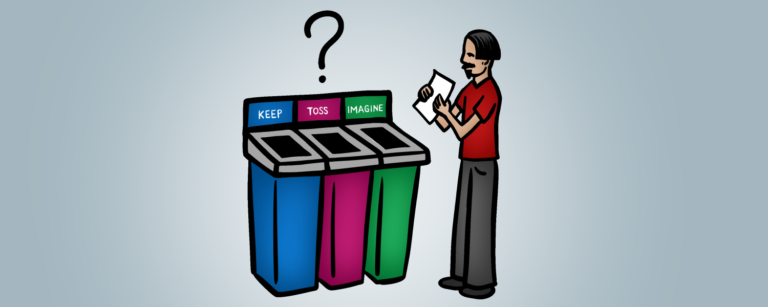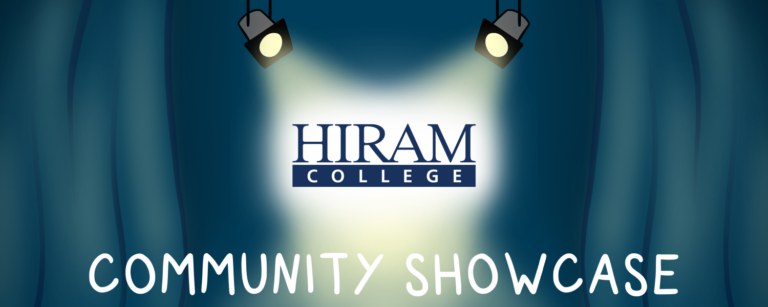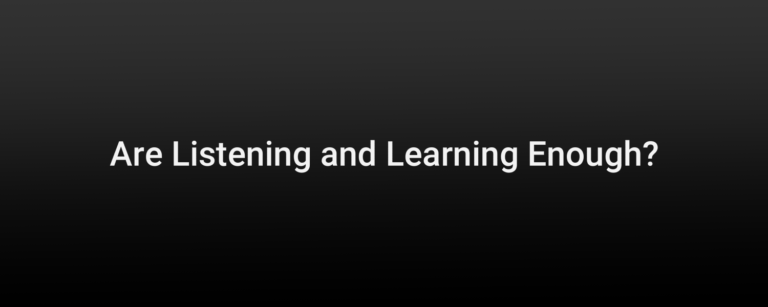Rubrics in Hiring: Learn Why They’re Essential
Rubrics are not easy to create yet are an essential tool to reduce bias and create a more consistent, representative hiring cycle.

Rubrics are not easy to create yet are an essential tool to reduce bias and create a more consistent, representative hiring cycle.

A couple of minutes and an open mind is all you need to start to uncover, understand, and acknowledge bias in your hiring process.

Staff can establish shared ground rules, ensure all parties are heard and reinforce the purpose of the conversation. Training student staff on active listening, conflict mediation, and intercultural awareness can ensure a foundation of trust is built through roommate meetings.

We all like to think we know how to use Excel but if it’s anything more complex than a sum or sort function, we’re not proficient. If you’re looking for Hacks and useful formulas, keep reading! You’ve come to the right place.

With this next year, think about what to keep, toss, and imagineer. Toss what is not necessary, stomp on what is hindering success, celebrate the visionary, and capitalize on shimmers of innovation.

Hiram College made the decision to collect data in a more strategic and intentional way using eRezLife and, as a result, has fundamentally changed their ability to report on their goals and principles.

Many will agree, intentional interactions are the lifeblood of Residential Curriculum. Due to the nature of intentional interactions, it can be difficult to collect data, as we rely on student staff members to obtain and document this information. It’s important to precisely identify what information you need to report.

Yes, listening and learning are important and necessary steps, particularly in higher education where life-long learning is a shared value. However, focusing exclusively on listening and learning continues a problematic pattern of situating people of color as the sole guardians of race knowledge. Plus, it keeps white allies in a passive role when it comes to taking action for sustained systemic change on our campuses. So, is it enough to listen and learn?